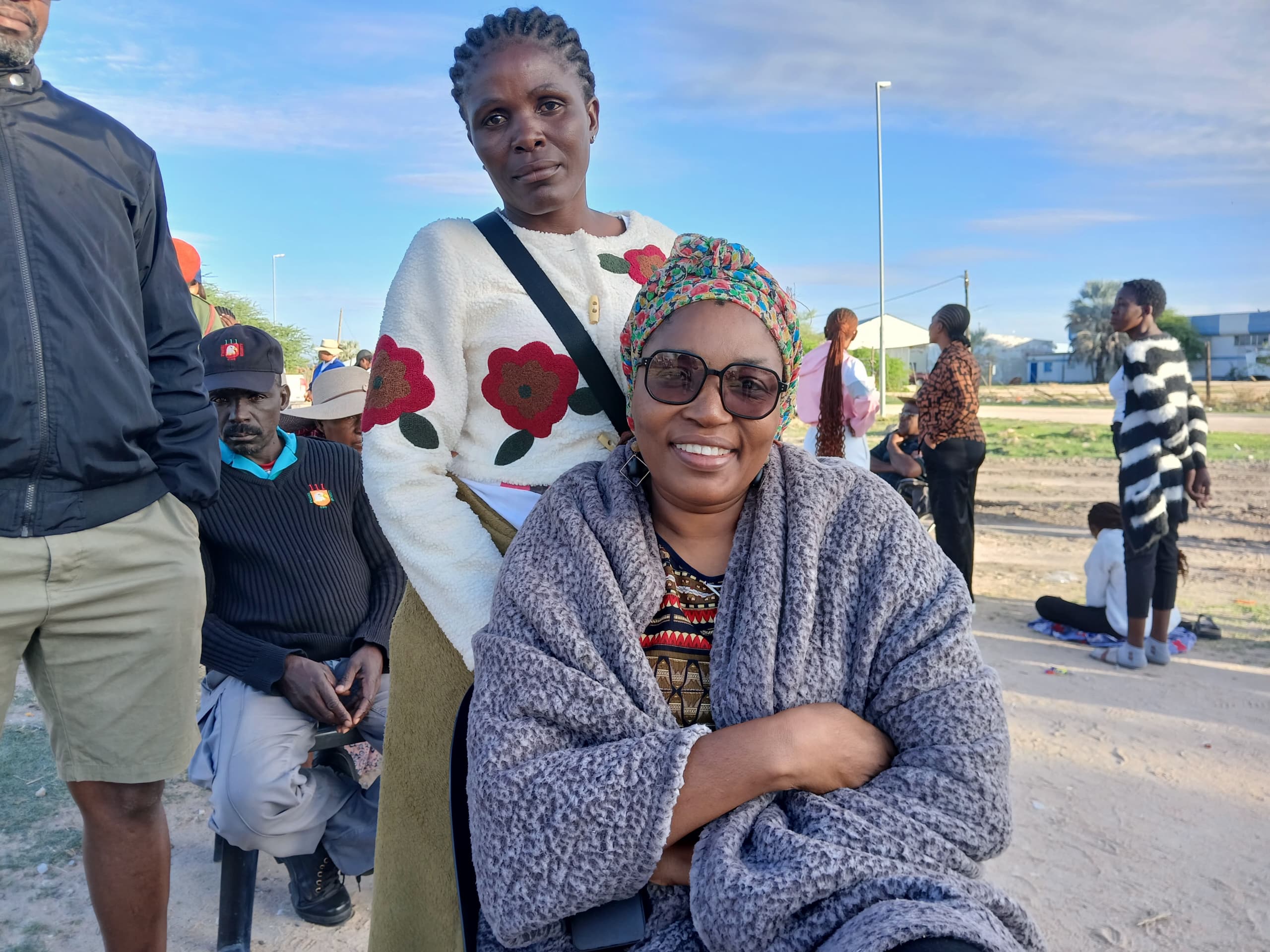*Emilia Sheehama, a 44-year-old resident of Windhoek, lives in constant fear.
Every day, she wonders whether she would be able to sleep in her Windhoek house that night.
This comes after Sheehama received a writ of execution from the High Court, initiating the process of auctioning off the property she has lived at for 17 years.
Sheehama has defaulted on a loan of N$416 900, along with accrued interest.
She says she has been actively engaged in communication with the bank regarding payment arrangements, but has faced significant frustration due to the bank’s slow responses.
The situation worsened for Sheehama when she was involved in a car accident in 2021, which exacerbated the effects of a 2005 accident she was involved in.
Prior to the recent accident, she had consistently attempted to negotiate payment arrangements with the bank, but her efforts did not yield the desired results.
Sheehama is now accusing the bank of incompetence for not promptly addressing her queries, leading to a delay in resolving the matter.
She says the bank’s lawyers contacted her to discuss payment arrangements for arrears exceeding N$150 000 earlier this year.
She received a writ of execution in May, indicating the bank’s intention to auction her home to recover the outstanding amount.
“The bank didn’t attend to me and my queries properly. I was the one who kept emailing and trying to get in contact with the bank with no success, and now they are trying to bully me,” Sheehama says.
Her home is now slated for auction at an estimated value of N$460 000.
“It is a frustrating situation,” Sheehama says.
Despite multiple attempts made through phone calls, text messages, and emails, The Namibian was unable to reach Standard Bank Namibia for comment.
COMMON PREDICAMENT
Sheehama’s dilemma reflects the challenges faced by numerous Namibians who live in constant fear of failing to meet their loan obligations and the harrowing prospect of losing their homes to financial institutions.
Last month, lawyer Richard Metcalfe, on behalf of numerous home loan holders urged the Bank of Namibia to intervene.
Metcalfe said homeowners, facing severe economic challenges resulting from the impact of the Covid-19 pandemic and the country’s financial decline, have found themselves unable to meet their repayment obligations to commercial banks.
“Such clients are subjected to the humiliation of having their homes taken away by commercial banks without any mercy through High Court proceedings.
“The further corollary of such humiliation is that such clients become economic outcasts as they are blacklisted by being listed at the credit bureau,” Metcalfe said in his letter to the central bank.
BANKS’ VIEW
Meanwhile, in a bid to address the increasing anxiety among mortgage holders, major banks in the country have come forward to emphasise that repossession of properties is an absolute last resort.
FNB, Bank Windhoek, and Nedbank say they exhaust all possible avenues before resorting to the drastic measure of seizing properties from borrowers who have failed to make loan payments.
Bank Windhoek spokesperson Jacqueline Pack says obtaining judgement, a process that involves taking over a borrower’s property due to non-payment, is always their last resort.
She emphasised the existence of a dedicated team that provides guidance and assistance to customers in the pre-legal phase, offering advice and restructuring options for loan repayments.
In more complex cases, Pack says experienced business rescue practitioners are available to develop and implement strategies aimed at aiding customers in their financial recovery.
In accordance with Bank of Namibia regulations, loans in arrears are classified as irregular from the very beginning as a measure to ensure financial stability.
“It’s worth noting that obtaining judgement is a lengthy and complex process, bound by High Court rules and specific time frames. The best advice is for clients to have open communication with their bank managers early enough to come up with amicable solutions,” Pack says.
Fanie Steenkamp, FNB Namibia’s credit governance head, says banks will always try to minimise losses, adding that one of the mechanisms to minimise a loss is to try and restructure a loan to get the client back into the ‘healthy/performing’ portfolio.
Steenkamp says when all avenues of restructuring have been exploited and no workable repayment plan can be agreed upon, the asset has to be sold to settle the debt.
“When the debtor is unwilling to sell the asset privately and repay the loan, a legal process needs to be followed to make the asset/collateral to the loan executional. Once the asset is made executable, it will be sold at a public auction to the highest bidder,” Steenkamp says.
Nedbank Namibia’s spokesperson, Selma Kaulinge, says once clients default on their loans, they have the chance to restructure their loans, although this possibility depends on various factors that may differ from client to client.
In the event that repayment arrangements are not met and the client is ineligible for loan restructuring, clients may be granted up to six months to attempt a private sale.
“This entire process is dependent on the full cooperation of the client. Nedbank will always put its clients’ needs first. That is why there are a number of measures in place to assist the client before taking any legal steps,” she says.
Despite these assurances given by the banks, concerns remain among the public regarding the transparency and efficacy of the repossession process.
UNDER WATCH
Meanwhile, the Namibian Competition Commission has announced its intention to closely monitor commercial banks for any anti-competitive practices related to property valuation.
The watchdog’s concerns were sparked by the discovery of barriers that impede both new entrants and existing property valuers who are not enlisted by banks.
*Not her real name.
Stay informed with The Namibian – your source for credible journalism. Get in-depth reporting and opinions for
only N$85 a month. Invest in journalism, invest in democracy –
Subscribe Now!






